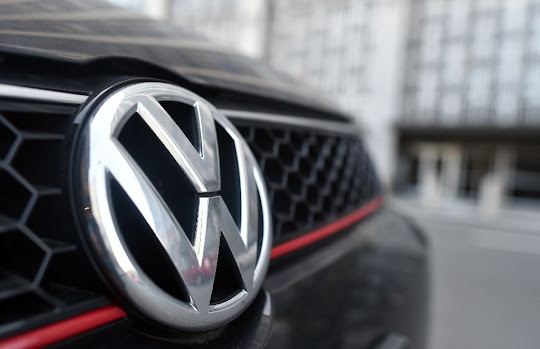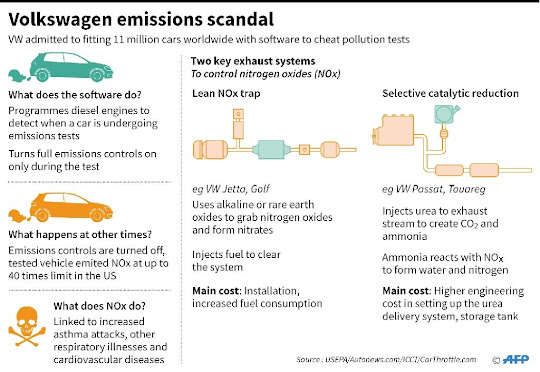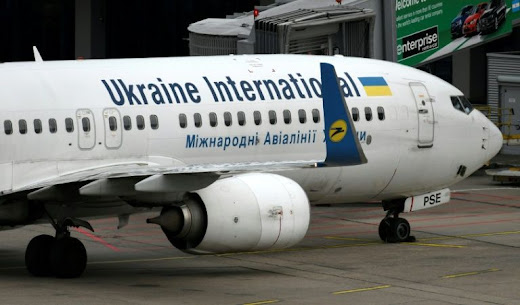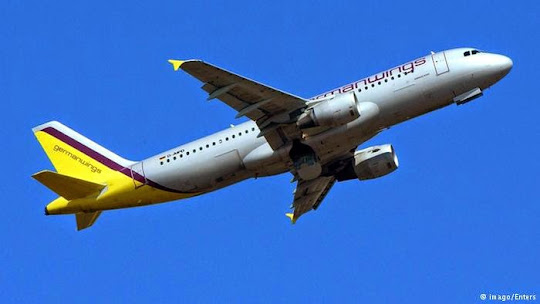Yahoo –AFP, Beatrice Debut, October 9, 2016
 |
George, a town of just 150,000 residents on South Africa's south coast, is home
to Africa's first 'green' airport to be powered by the sun (AFP Photo/Gianluigi Guercia) |
George
(South Africa) (AFP) - At first glance there's nothing out of the ordinary
about the regional airport in George, a town of just 150,000 residents on South
Africa's south coast.
In fact
though, the small site is Africa's first "green" airport to be
powered by the sun.
The control
tower, escalators, check-in desks, baggage carousels, restaurants and ATMs --
every service here depends on a small solar power station, located a few
hundred metres away in a field of dandelions next to a runway.
Its 2,000
solar panels produce up to 750 kW every day, easily surpassing the 400 kW
needed to run the airport.
The excess
is fed back into the municipal power grid, and a computer screen in the
terminal informs passengers: "Within this month (September), 274
households were supplied through this system with green electricity."
For
environmentally-conscious travellers keen to reduce their carbon footprint,
it's a welcome development.
"Planes
have such a big carbon print," said passenger Brent Petersen, 33, in
George. "If we compensate, that's cool."
George
Airport was originally built in apartheid-era South Africa in 1977 to make
getting home easier for PW Botha, a government minister at the time and later
president.
It now
serves as a transit hub for shipments of homegrown flowers and oysters, as well
as golfers visiting one of the region's many courses. Some 700,000 passengers
pass through its doors each year.
The solar
plant, launched in September 2015, is the second solar-run airport in the world
after Cochin airport in southern India.
Nestled
between the Indian Ocean on one side and the majestic Outeniqua Mountains on
the other, George was a surprising location for the first attempt at a
solar-powered airport in South Africa.
 |
Africa gets
is first solar-powered airport in George, with a plant that converts
solar
energy into direct current electricity using solar panels (AFP Photo/
Gianluigi
Guercia)
|
Ambitious
project
The town's
weather is unpredictable: in the space of half an hour, the temperature can
plummet by 10 degrees celsius, the blue skies quickly replaced by a steady
drizzle.
But so far,
so good: even on overcast days, the plant still produces some power.
At night or
when necessary, the system automatically switches over to the traditional power
grid.
"The
thinking was if we put (the solar system) in the worst unpredictable weather,
it will absolutely work in any other airport in the country," the
airport's maintenance director Marclen Stallenberg told AFP.
The
environmental value of the ambitious project is already evident.
Since solar
became the airport's main source of power, the hub has reduced its carbon
dioxide emissions by 1,229 tonnes –- the equivalent of 103,934 litres of fuel.
The
electricity bill has been cut by 40 percent in the space of a year, "which
is a plus for me on the budget," said airport manager Brenda Voster.
Voster says
it will take another five to 10 years to pay off the initial 16-million rand
($1.2 million) cost.
Meanwhile,
regular power cuts, which in recent years have plagued Africa's most developed
economy, are a thing of the past, she adds.
Heavily
dependent on coal, which is the source of 90 percent of the country's
electricity, South Africa is looking to diversify its options to avoid power
cuts.
Robyn
Spence, who works at Dollar car hire company at the airport, said they
"had to replace quite a few computers" fried by electricity surges
caused by power cuts last year –- no longer an issue with the solar system.
 |
George
airport's 2,000 solar panels produce up to 750 kW every day, easily
surpassing
the 400 kW needed to run the facility (AFP Photo/Gianluigi Guercia)
|
Untapped
potential
But not all
the retailers at the airport are feeling the benefits yet.
Lelona
Madlingozi, a kitchen manager at Illy restaurant in the main terminal, said
they had two power cuts lasting about three hours each just a month earlier.
"We could not sell anything in the shop," she said.
Restaurants,
said the airport, are not one of the essential services prioritised during
power cuts.
Expanding
the use of renewable energy is a key focus for management firm, Airports
Company South Africa, said its president Skhumbuzo Macozoma.
The
company's goal is to achieve "carbon neutrality", or net zero carbon
emissions, by 2030.
In a
country with an estimated average of 8.5 hours of sunshine a day throughout the
year, solar's untapped potential looks huge.
After the
success in George, the airports in Kimberley -- South Africa's diamond capital
-- and Upington near the Namibian border have also gone green, with three other
regional airports next in line.
George
Airport now plans on increasing the capacity of the small power station by an
extra 250 kW and will soon install batteries capable of conserving energy
generated during the day for use at night.
Related Article:














